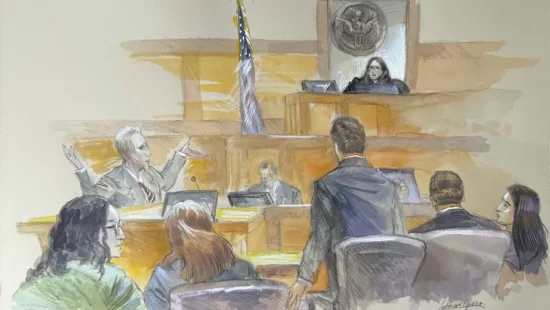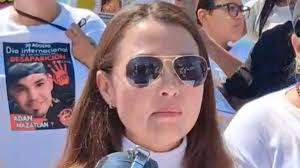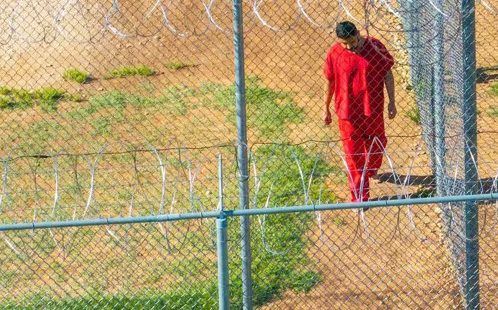Despite Legal Scrutiny, the Band Performs ‘El Señor de los Gallos’—Again Sparking Debate Over Narco Music and Free Speech
It was at the Piña fair taking place in Villa Purificación, Jalisco, where Los Alegres del Barranco ignored legal warnings and once again performed the controversial song: “El Señor de los Gallos.”
Attendees at the event on Saturday, April 26 at the La Morena bullring recorded and shared footage of the performance on social media, where dozens of videos have since gone viral. The performance has reignited a broader national debate around the limits of artistic expression and the glorification of drug-related violence in regional Mexican music.
The band remains under investigation by the state prosecutor’s office due to a prior concert held on March 29 at the Telmex Auditorium in Zapopan. Authorities are particularly concerned with the public display of images allegedly linked to criminal figures, including Nemesio Oseguera Cervantes, alias “El Mencho”, the alleged leader of the Jalisco New Generation Cartel (CJNG).
In contrast to the Zapopan show, this latest performance did not include visuals of Oseguera. However, the song—widely interpreted as a tribute to cartel power—was performed in full, along with several of the group’s other well-known corridos.
On April 25, Deputy Prosecutor for Specialized Criminal Investigation in Jalisco, Alfonso Gutiérrez Santillán, stated that the investigation had been formally judicialized. He clarified that for now, no arrest warrants have been issued against the six individuals linked to the case. However, if any of the parties fail to comply with judicial summons, the presiding judge may issue warrants for their arrest. Meanwhile, municipal authorities in Villa Purificación have remained silent on the incident.
The case of Los Alegres del Barranco is not unique. Across Mexico, narcocorridos—ballads that chronicle the lives of drug lords, smugglers, and cartel gunmen—have sparked fierce legal and cultural debates for over two decades. These songs, which blend traditional Mexican corridos with themes of organized crime, have become a staple of regional mexicano music but are also frequently accused of glorifying criminal lifestyles.
State and local governments have taken action before. In states like Sinaloa, Baja California, and Chihuahua, authorities have fined or banned artists such as Los Tigres del Norte, Gerardo Ortiz, and El Komander for similar performances. Radio stations have faced sanctions, and some municipalities have even enacted temporary bans on corridos during public festivals.
These restrictions are often justified under laws against “apología del delito”, or advocating crime, which prohibits content that exalts or defends criminal activity. According to the Royal Spanish Academy (RAE), apología means “to speak in defense,” and in legal terms, it refers to intentional praise of crimes or criminals through media—including music.
While artists and fans argue that corridos are a reflection of harsh realities and a form of cultural storytelling, critics—including many lawmakers—warn that these songs can influence young audiences, normalize violence, and even serve as propaganda for organized crime.
The debate often pits freedom of expression against public order and safety, a legal gray area that continues to evolve as social media accelerates the spread of this controversial music genre. Experts note that artistic expression is protected under Mexican law and international human rights treaties, but only up to the point where it does not incite or glorify criminal conduct.
As long as artists like Los Alegres del Barranco continue to perform songs that walk the line between cultural narrative and criminal exaltation, the legal and ethical tensions surrounding narcocorridos are unlikely to disappear.








